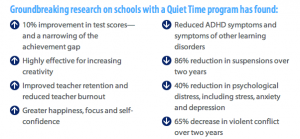According to this recent study by the American Medical Association, adolescents aren’t talking to their doctors nearly enough. In fact, in about one-third of annual check-ups, sexuality issues weren’t brought up at all, and when they were, it was only for a second.
This isn’t surprising, as talking about puberty can be awkward, and often times with annual check-ups, parents are in the room. But as soon as they’re old enough to start making big decisions, it’s important that teens develop a relationship with their doctors that is open, honest, and built on trust.
According to the study, “…one-on-one confidential time during health maintenance visits is recommended to allow discussions of sexual development, behavior, and risk reduction.”
As adults, we know that engaging in open dialogue with the doctor is key to maintaining good health. Shouldn’t we be encouraging the kids to do the same?





